Oregon Community Foundation Isn’t Supporting Enough Groups Led by People of Color, LGBTQ, says new Philamplify report
NCRP urges OCF to hasten its response to statewide disparities and other pressing issues
Washington, D.C. (6/22/2016) – Across the country, many individuals and families use their local community foundations to support nonprofits and causes they care about. Most donors and organizations that receive donations expect their community foundation to be in tune with the unique challenges faced by the region and population it serves.
But with wide-ranging needs, often competing donor interests and limited flexibility in awarding grants, some community foundations struggle to ensure that they serve and empower the most underserved and vulnerable populations. The Oregon Community Foundation, the 8th largest community foundation in the country, based in Portland, is faced with such a challenge.
A Mixed Track Record
The study “The Oregon Community Foundation: Can It Build a Statewide Legacy of Equity and Inclusion?” released today by the National Committee for Responsive Philanthropy (NCRP) found that OCF is lauded by its constituents for its investments in rural and urban areas, its culture of volunteerism, proactive donor engagement and responsiveness to the Latino community.
The community foundation’s unique approach to resident and donor engagement has grown an extensive network of volunteers who provide OCF with insight into local needs and opportunities. OCF is also recognized for expanding its mission investments and for collaborating with other grantmakers and government agencies to advance issues such as education and dental health.
However, a close look at its giving and feedback from peers, nonprofit leaders and other stakeholders indicate that the foundation’s perceived cautiousness and lack of inclusion have hindered it from responding to some of the state’s most pressing disparities. Some examples are:
- OCF gave only 3.6 percent of its 2012 grant dollars in support of grassroots nonprofits that empower communities of color and other marginalized groups through community organizing, advocacy and civic engagement.
- It underinvests in LGBTQ and people of color-led organizations, with only 6 percent of its flexible grant dollars going toward these nonprofits, even though 23 percent of the state’s population are people of color.
- OCF has a reputation among communities of color for being “impenetrable” and a “gatekeeper” to its donor advisors, which makes it difficult for current and potential grantees to connect, build relationships and educate OCF staff, volunteers and donors.
- Until recently, the foundation had no system to track grantee diversity.
OCF has embarked on new efforts to be more racially aware and inclusive. According to Lisa Ranghelli, director of foundation assessment at NCRP and co-author of the report with Caitlin Duffy, while the foundation’s leaders have set strong equity, diversity and inclusion benchmarks for themselves and taken numerous steps toward them, they need to better communicate those goals, their progress and the barriers they encounter along the way. Leaders of color in Oregon especially critiqued the foundation for moving too slowly, and have yet to see results.
“Numerous nonprofit leaders and peers of The Oregon Community Foundation characterized OCF as a slow-moving ship that knows where it wants to go but is taking a long time to get there,” said Ranghelli in a blog post. “Given the critical issues that Oregon is facing such as widespread homelessness, racial inequity and public underfunding of education, many from Oregon’s nonprofit community are impatient to see OCF respond more decisively.”
Boost Impact
Ranghelli and Duffy offer several actionable recommendations to help OCF address the serious concerns raised by its constituents such as:
- Fund more grassroots organizing and advocacy to empower communities and create lasting change.
- Be a bolder and more vocal champion for equity.
- Publicly share the foundation’s Equity, Diversity and Inclusion framework, benchmarks, progress and data on its giving to communities of color.
- Continue to diversify its donors and volunteers and connect them to organizations led by people of color, LGBTQ people and Oregon’s most vulnerable populations working toward systems change.
- Orient and train donors to be sensitive to issues of race and to fund equity causes.
“OCF should look hard at its giving to ensure it is … helping promote equity in Oregon,” said a nonprofit leader when asked what s/he would do differently if made CEO of The Oregon Community Foundation.
Max Williams, president and CEO of OCF, acknowledged the findings and recommendations of the assessment.
“We appreciate the opportunity to share the important work of our foundation, and we are pleased that NCRP’s assessment confirmed OCF’s ongoing commitment to identifying and addressing Oregon’s most pressing needs,” said Williams in a formal statement. “Many of the findings and recommendations in the assessment call out and affirm the strategies and approaches that OCF is utilizing with diverse communities across the state.”
“The Oregon Community Foundation: Can It Build a Statewide Legacy of Equity and Inclusion?” is the 11th assessment released by NCRP’s Philamplify initiative, which aims to maximize the impact of philanthropy by providing funders with unvarnished feedback from grantees and other stakeholders. The full report is available for free on philamplify.org.
###
Since 1976, NCRP has served as the voice of nonprofits and the communities they serve in philanthropy. Through research and advocacy, NCRP works to ensure that philanthropy contributes in meaningful ways to the creation of a fair, just and equitable world. Visit www.ncrp.org for more information.
For questions or to schedule an interview with the authors, please contact Yna C. Moore at ymoore[at]ncrp.org or (202) 557-1381.




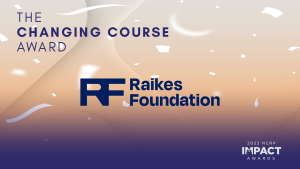
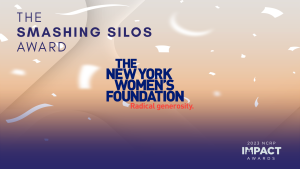

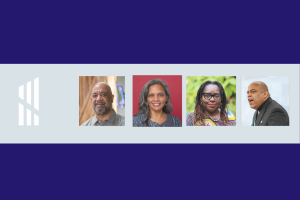
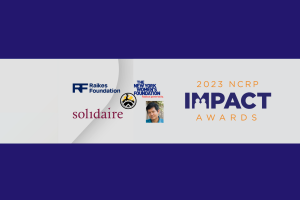



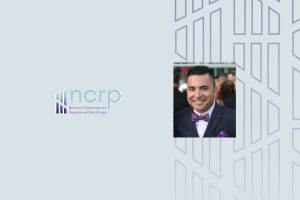

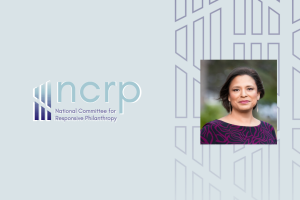
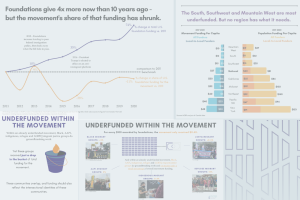
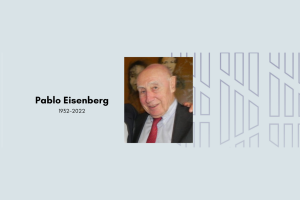
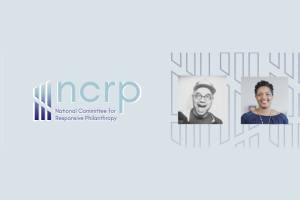
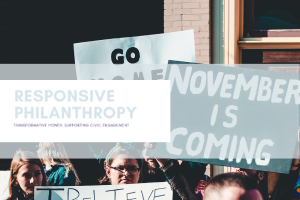
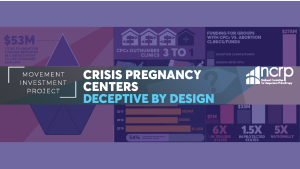

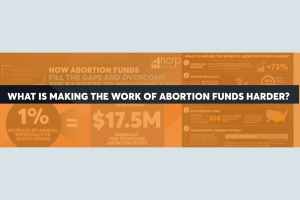

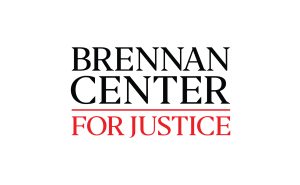

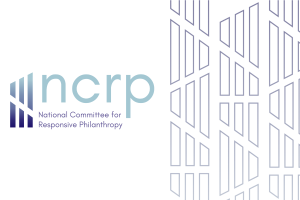
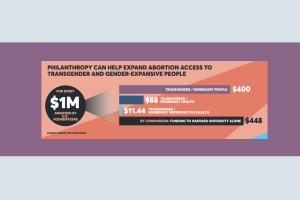




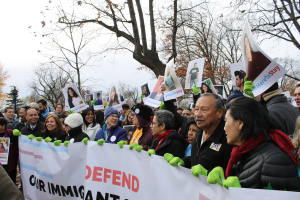
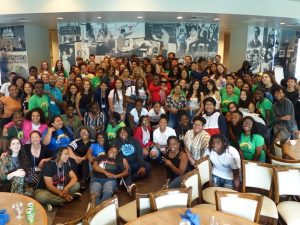

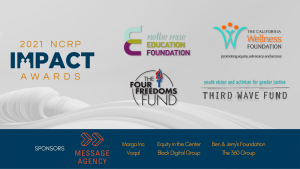


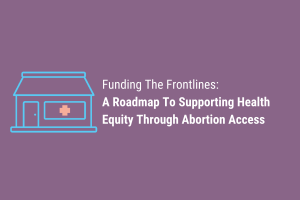




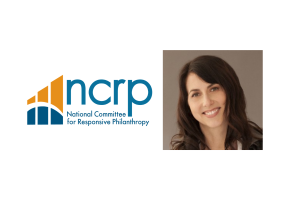






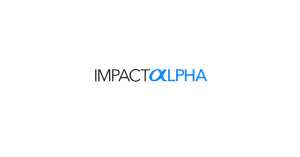



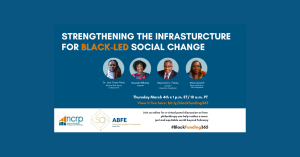

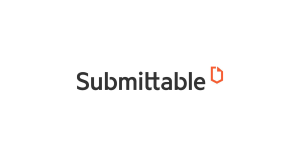








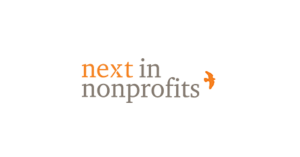













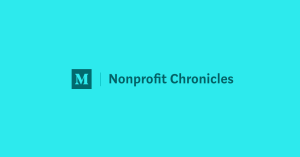
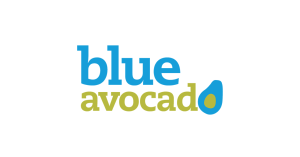
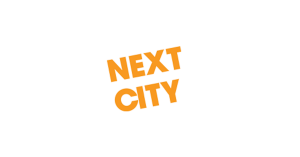





















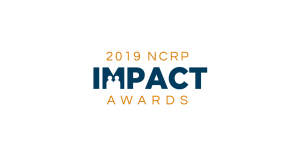




















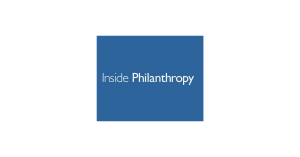




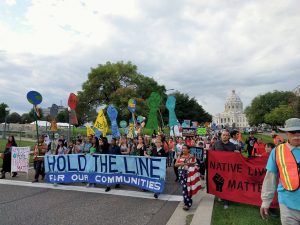

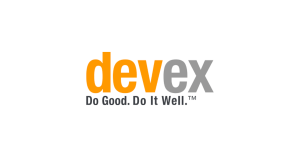



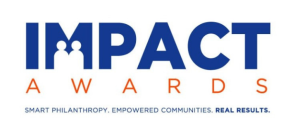














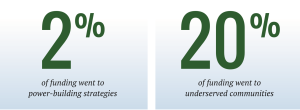


















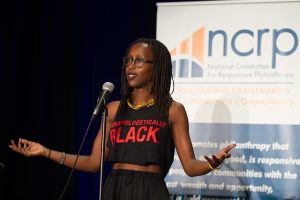








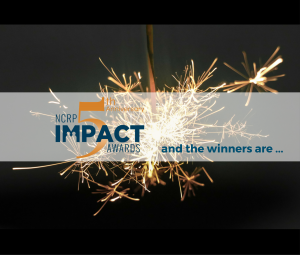










































































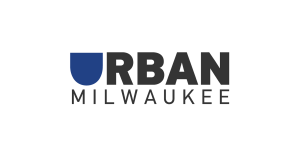










Leave a Reply